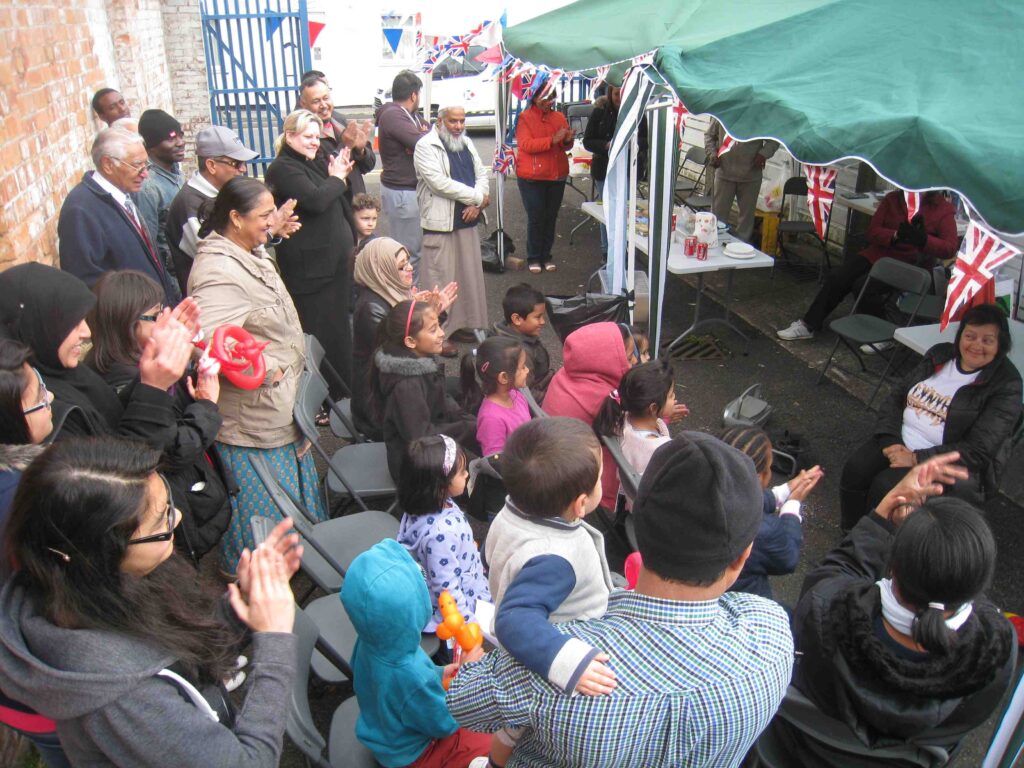Local, neighbourly, community has seemed like an optional extra until very recently. Then, with the onslaught of Covid-19, it became apparent that it can be a lifeline for many, especially for older and vulnerable people.
But that actually shines a spotlight on ways in which community is always important and should be a priority even in normal times and not just a afterthought for those who ‘like that kind of thing’. Here’s why.
First, relationships are the ‘spice of life’; many of us do have our fill of relationships through family, friends, workplace and so on. But many don’t. Only local community, functioning properly – for example in a Street Association – can include everybody who lives on the street. Our research on relational connections in Kingstanding, Birmingham, found that most people relied on a very few relationships for their emotional and practical support and there was little or no ‘reserve’ if something went wrong. Very few (5%) found their support from neighbours. It’s a huge untapped resource for connectedness and happiness.
Second, neighbourly support is practical. They’re right there, living on the same street, able to pop in, keep and eye out, offer help with shopping and so on.
Third, it’s free. Often, the only alternative is social services support, which is very expensive to mount and increasingly unaffordable, as well as often being much less personal and joy-giving. And the joy is for both the receiver and the giver!
Fourth, it brings that intangible sense of ‘belonging’. “It’s the smiling that makes the difference”, said one man in his 40s when they started a Street Association. Another, a local doctor, said, “It is wonderful to drive into our street and wave at, and be welcomed by, several different households on the way in”. There’s a lot of talk about mental health these days. We can all do a power of good to others by just being friendly, neighbourly, community-minded and kind.

Finally, we have found that as a community comes together, for example in a Street Association, with residents organizing things for the street like a Christmas party, a barbecue or a quiz night, we see the generations coming together in a wonderful and natural way. We also see ethnic groups overcoming barriers of culture and difference and becoming friends, each contributing to the common good in a unique way (especially when it comes to an event where everyone cooks a dish of their choice!). We also see residents who have much to offer, and no avenue for doing so, coming into their own as their talents are needed and appreciated and as their confidence grows.
Ask yourself this: what else can, in one go, address isolation and loneliness, the need for practical support, reach across ethnic divides, bring a friendly atmosphere, boost mental health, bring the generations together, boost confidence, stimulate kindness and generally build a microcosm of the kind of society we all want to live in? Community is a massive ‘key’.
Let us not forget the spotlight Covid-19 put on community and ‘community spirit’ but, rather, take to heart the fact that community is a priority, a necessity, a delight and a mission that requires and deserves our time, our effort and our enthusiastic support.


